The Commission
Aware that the growing deployment of renewables has set in motion a global energy transformation with significant implications for geopolitics, Adnan Z. Amin, the Director-General of the International Renewable Energy Agency (IRENA), with the support of the Governments of Germany, Norway and the United Arab Emirates, convened the Global Commission in January 2018.
Chaired by former President Ólafur Ragnar Grímsson of Iceland, the Commission comprises a diverse group of distinguished leaders from the worlds of politics, energy, economics, trade, environment and development. The Commission is an independent body with members serving in their individual capacity.
This Report analyzes the geopolitical implications of the global energy transformation driven by renewables. It is the culmination of ten months’ deliberations by the Commission, involving four meetings held in Berlin, Oslo, Reykjavik and Abu Dhabi respectively, as well as consultations with business leaders, academics and policy thinkers. It is informed by a number of background papers drafted by experts in the fields of energy, security and geopolitics.
The Commission takes full and independent responsibility for this Report, which reflects the consensus of its members.
Members of the Commission
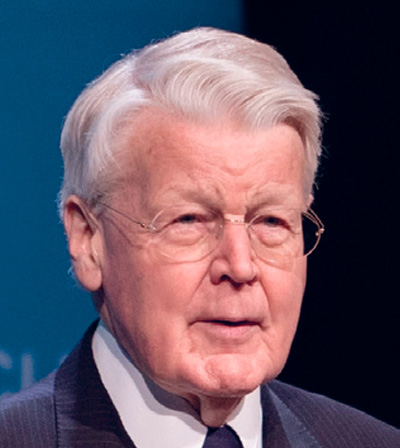
Ólafur Ragnar Grímsson
Chair, former President of Iceland

Adnan Z. Amin
Director-General of IRENA (Kenya)

Anatoly Chubais
Chairman of the Executive Board of RUSNANO (Russia)

Carlos Lopes
Professor at the Graduate School of Development Policy and Practice, University of Cape Town; former Executive Secretary of the UN Economic Commission
of Africa (Guinea-Bissau)
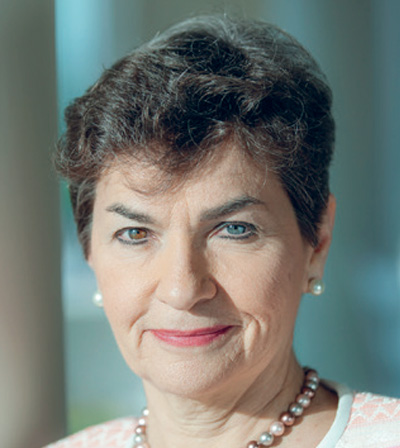
Christiana Figueres
former Executive Secretary of the United Nations Framework Convention on Climate Change (Costa Rica)
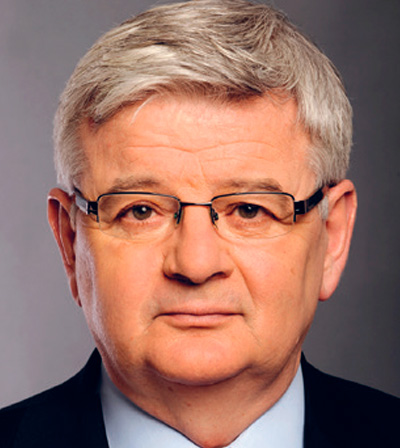
Joschka Fischer
former Minister of Foreign Affairs of Germany

Fu Chengyu
Chair of United Nations Global Compact Network China; former Chairman for China Petroleum & Chemical Corporation (SINOPEC)

Pascal Lamy
President Emeritus of the Jacques Delors Institute; former Director-General of the World Trade Organization (France)

Murray McCully
former Minister of Foreign Affairs of New Zealand

Mari Pangestu
former Minister of Trade; former Minister of Tourism and Creative Economy (Indonesia)
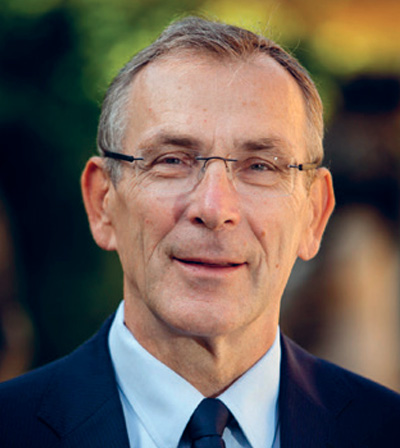
Andris Piebalgs
Senior Fellow of the Florence School of Regulation; former EU Commissioner for Energy and for Development (Latvia)
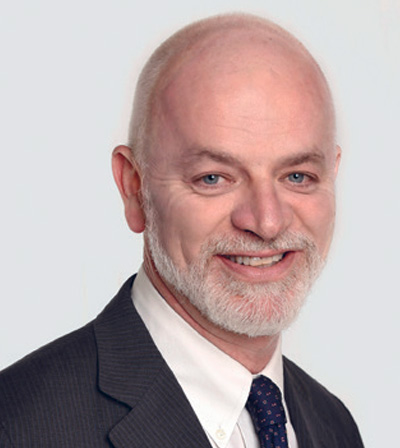
Lapo Pistelli
Executive Vice President, International Affairs of ENI; former Vice Minister of Foreign Affairs of Italy

Bill Richardson
President of the Richardson Center for Global Engagement; former US Secretary of Energy and former Governor of New Mexico (United States)
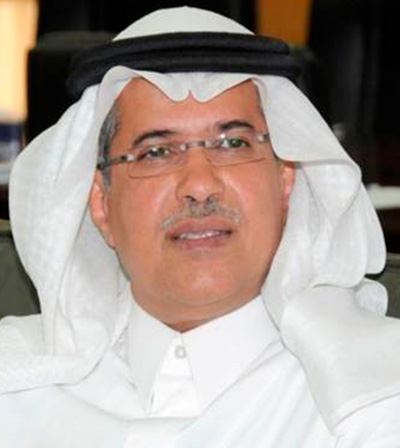
Khalid Bin Mohammad Al-Sulaiman
former Vice President for Renewable Energy, King Abdullah City for Nuclear and Renewable Energy (Saudi Arabia)

Izabella Teixeira
former Minister of Environment of Brazil
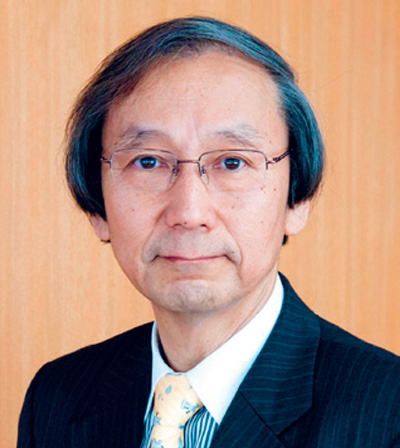
Masakazu Toyoda
Chairman and CEO at
the Institute of Energy Economics (Japan)

Maria Van Der Hoeven
former Executive Director of the International Energy Agency
(The Netherlands)

Eirik Waerness
Senior Vice President and Chief Economist, Equinor (Norway)
Representatives of supporting countries

Peter Fischer
Representative of the Government of Germany

Hans Olav Ibrekk
Representative of the Government of Norway

Fatima AlFoora AlShamsi
Representative of the Government of the United Arab Emirates
Foreword by Adnan Z. Amin
Director-General of IRENA
Energy is fundamental to our civilization and to the prosperity of nations. Its production, distribution and utilization are deeply embedded in the fabric of our economies and central to the relations between states.
The energy sources powering our societies have been undergoing a period of rapid change. Renewables have emerged as a technologically feasible, economically attractive and sustainable choice that increasingly can meet the energy needs of many countries, corporations and citizens. As tackling climate change becomes more and more critical and renewables steadily increase their capacity to meet our energy needs, the global transition to sustainable sources of energy will continue to accelerate.
Renewables enable countries to strengthen their energy security and achieve greater energy independence by harnessing the vast indigenous renewable energy sources that can be found across the planet. The rapid development of renewable technologies and their widespread deployment is certain to have significant long-term effects on geopolitical dynamics. While the establishment of the International Renewable Energy Agency (IRENA) has created a central platform for international cooperation on renewables, to date no systematic efforts have been made to examine their geopolitical implications comprehensively.
I therefore took the initiative to convene a Global Commission to address the geopolitics of energy transformation. Composed of prominent leaders from different geographical and professional backgrounds in the fields of energy and international affairs, the Commission was launched at IRENA’s annual Assembly in January 2018 and deliberated over one year, drawing on the views of a broad range of public and private stakeholders and academics.
I wish to express my heartfelt appreciation to all who contributed to this process. Germany, Norway and the United Arab Emirates provided generous support that made the work of the Commission possible. President Grimsson, as Chair, ably guided the Commission’s deliberations.
Commission members made time to actively participate in the Commission’s discussions and provide compelling perspectives from their various areas of expertise. Last, but not least, the small but highly competent Secretariat facilitated, supported and synthesized the Commission’s reflections and research.
The Report that has resulted is a vital first foray in this area that deepens our understanding of the wider geopolitical implications of the energy transformation. It invites us to rethink energy statecraft as we have known it. It maps trends in the energy sector, and considers their possible impacts on power relations, trade, the root causes of geopolitical instability, and conflict. The report also acknowledges that, given the complex and dynamic nature of the transition, it is difficult to predict precisely how events will unfold.
The Report highlights the vital need to prepare proactively for the new energy age and its geopolitical consequences. It also shows the crucial need to encourage innovation, align socio-economic structures and investment with the energy transition, strengthen international co-operation, and plan energy systems that are just and inclusive. Forward-looking choices that leaders in government and industry make today will create a more prosperous future that globally can promote sustainable economic growth, improve livelihoods, and foster social cohesion and stability.
It is my hope that this Report will help decision makers in countries to anticipate and navigate the rapidly changing global energy landscape and manage the new geopolitical environment it will create. In doing so, this Report can enable them to mitigate the potential risks and benefit from the many opportunities that transformation offers.

Foreword by Ólafur Ragnar Grimsson
Chair of the Commission
In recent years we have witnessed a transformation of the global energy system that has helped to configure the geopolitical map of the world which has prevailed for decades.
The shift from fossil fuels to renewables is driven by new technologies and falling costs, increasingly making renewables as competitive as conventional sources of energy. The energy transformation is also driven by the policies and actions of governments, businesses, cities and civil society, as well as the world-wide movement to combat climate change and dangerous air pollution.
This global energy transformation is already becoming a major geopolitical force: changing the power structures of regions and states, bringing the promise of energy independence to nations and communities, enhancing energy security and democratic empowerment.
It was to understand and analyze this new, emerging geopolitical reality that the visionary Director-General of IRENA, Adnan Z. Amin, proposed to the Assembly of more than 150 Member States, the creation of an independent Global Commission to deliver a Report on the geopolitical consequences of the global energy transformation.
It has been an honour and a privilege to serve as the Chair of the Commission and to conduct the informed dialogue of a group of distinguished and experienced individuals who brought a wealth of insights and knowledge to our collective enterprise.
This Report is the first attempt to describe the new geopolitical world that is emerging from the renewables revolution. It is therefore both historic and worthy of further debate and analysis.
It is our hope that the Report will help people in government and business, universities, think tanks, civil society organizations and the media, as well as citizens across the world, to understand better and adjust to the geopolitical changes now gathering pace.
I wish to thank the Members of the Commission for their dedication and co-operation and the capable Secretariat, supported by IRENA, for its excellent work. We also benefited from various contributions by business leaders and experts who addressed the Commission. The support provided by the Governments of Germany, Norway and the United Arab Emirates was also critical to the success of our work.
In this endeavour, I have been guided by the experience of my own country which, during my lifetime, has moved from primary dependence on fossil fuels to become one of the most successful renewable energy countries in the world – bringing prosperity to the people and serving as a foundation for constructive political relationships with countries in Asia, Africa, Europe and the Americas.
Through my service as President of Iceland, I was able to witness first hand how success in renewables can lead to new and dynamic partnerships between countries, thereby creating lasting alliances and fresh opportunities between nations that were once far apart.
My responsibility as the Chair of the Global Commission thus allowed me to see in the history of my own country a prelude to a New World.



